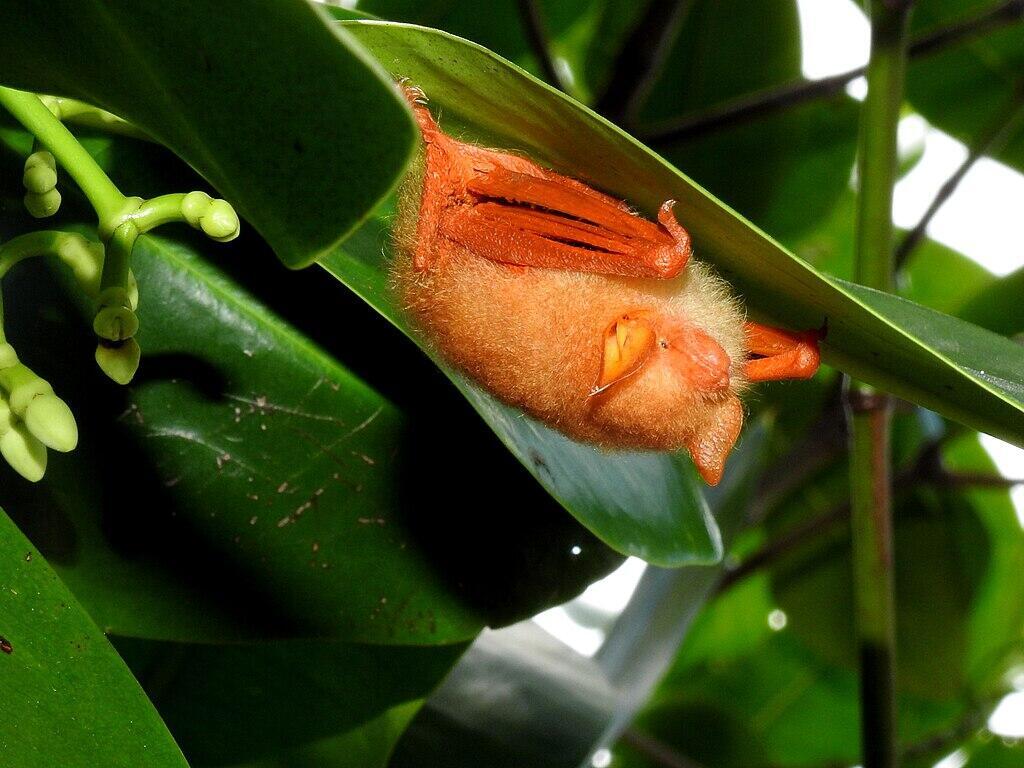The painted wooly bat (Kerivoula picta), a vibrant Asian species with fiery orange fur and patterned wings, is being exploited for the illegal online trade of decorative ornaments, curios, and jewelry, particularly around Halloween and Christmas.
Researchers from the University of California, Davis, and the City University of New York-Queens College found evidence of hundreds of listings on platforms like Etsy, eBay, and Amazon, with Tennessee being a top-selling state in the U.S., according to a study published by the European Journal of Wildlife Research.
Unsustainable bat decoration trade poses ecological, ethical, and biosecurity risks due to the species' slow reproductive rate, potential population decline, and the risk of spreading diseases associated with handling taxidermied bats.
Approximately 20% of sellers used misleading language regarding ethical sourcing practices, falsely claiming that the bats were bred in captivity, died naturally, or were sustainably sourced.
Scientists recommend legal protections under CITES and the Endangered Species Act, as well as field studies to understand population trends and challenges faced by this and other declining bat populations globally.
This article was written in collaboration with Generative AI news company Alchemiq
Sources: The Verge, Newsweek, Es de Latino, Futurity, Playtech, IFLScience, Eurasia Review, Phys.org, Mirage News, EurekAlert!, UC Davis.


